Search
Remove Ads
Advertisement
Search Results
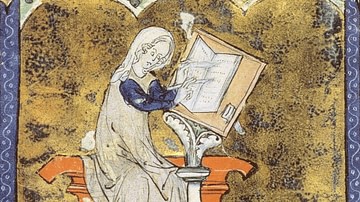
Definition
Marie de France
Marie de France (wrote c. 1160-1215 CE) was a multilingual poet and translator, the first female poet of France, and a highly influential literary voice of 12th-century CE Europe. She is credited with establishing the literary genre of chivalric...

Definition
Black Death
The Black Death was a plague pandemic that devastated medieval Europe from 1347 to 1352. The Black Death killed an estimated 25-30 million people. The disease originated in central Asia and was taken to the Crimea by Mongol warriors and traders...
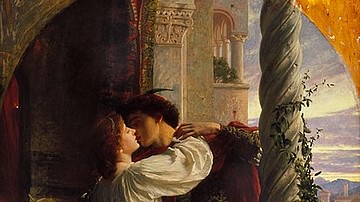
Definition
Romeo and Juliet
Romeo and Juliet is a romantic tragedy written by William Shakespeare. First printed in 1597, it remains one of the most famous works of Western literature and – alongside Hamlet – is one of Shakespeare's most oft-performed plays. The play...
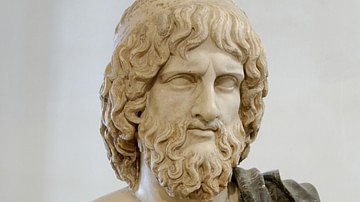
Definition
Pluto
Pluto is the god of the Underworld in Roman mythology. His Greek counterpart was Hades. Pluto chose never to sit on Olympus with the other gods and goddesses, preferring to remain in the Underworld. Family Pluto (Hades) was the son of...
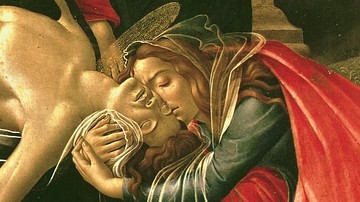
Definition
Sandro Botticelli
Sandro Botticelli (1445-1510 CE), real name Alessandro di Mariano Filipepi, was an Italian artist of the early Renaissance. A prolific painter, especially of altarpieces and works with a religious theme, Botticelli's most famous work today...
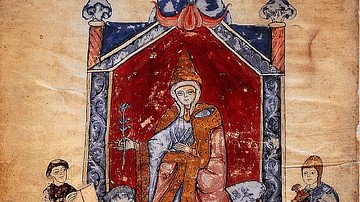
Definition
Matilda of Tuscany
Matilda of Canossa (c. 1046-1115), the Countess of Tuscany (r. 1055-1115) and Vice-Queen of Italy (r. 1111-1115), was the final head of the noble House of Canossa following the deaths of her father in 1052 and her elder brother in 1055. One...
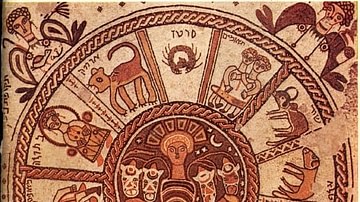
Definition
Western Astrology
Western astrology refers to a form of divination based on the motion of astronomical objects such as stars or planets. The belief that astronomical objects are divine or influence events on Earth is found in many cultures, but the practices...
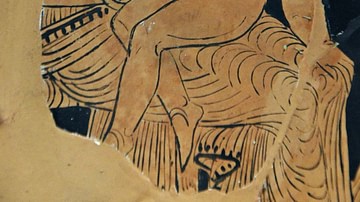
Definition
Pasiphaë
Pasiphaë ("all-shining") is the wife of King Minos of Crete and the mother of the fearsome Minotaur (half-bull, half-man creature) in Greek mythology. She is the daughter of the sun god Helios and Perse, an Oceanid. Like her sister Circe...
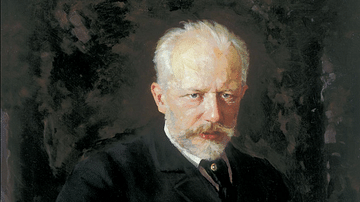
Definition
Pyotr Ilyich Tchaikovsky
Pyotr Ilyich Tchaikovsky (1840-1893) was a Russian composer most famous for his symphonies, the ballets Swan Lake, The Sleeping Beauty, and The Nutcracker, and the operas Eugene Onegin and The Queen of Spades. A composer of innovative and...

Definition
Apocrypha and Pseudepigrapha
In the 2nd century CE, as Christianity was in the process of becoming an independent religion, a body of literature emerged that scholars classify as apocrypha and pseudepigrapha. Apocrypha (Greek: apokryptein, "to hide away") are those books...